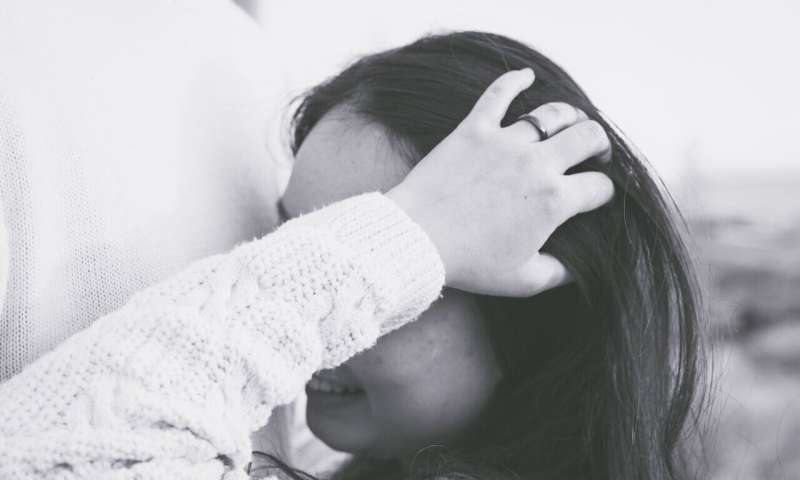This article has been reviewed according to Science X's editorial process and policies. Editors have highlighted the following attributes while ensuring the content's credibility:
fact-checked
trusted source
proofread
Depression following a stroke found to impact 1/3 of survivors

According the American Stroke Association, a division of the American Heart Association, depression is a common experience for stroke survivors. A scientific statement from the Association indicates that about one-third of stroke survivors experience depression—compared to 5%–13% of adults without stroke. If left untreated, it can affect quality of life and make post-stroke recovery more difficult.
According to statements from his office, Sen. John Fetterman, who had a stroke in May of 2022, has sought in-hospital treatment for depression, resulting in media and public inquiries related to stroke and depression.
"Depression following a stroke can be a normal psychological reaction to the stress of the injury, disability or brush with mortality brought on by the stroke," said Lee H. Schwamm, M.D., FAHA, an American Heart Association volunteer and professor of neurology at Harvard Medical School in Boston. In other cases, it may be caused by structural, electrical or biochemical changes in the brain. If certain brain regions are injured, the systems that regulate emotion may be damaged and produce depression, anxiety or PTSD-like symptoms in stroke survivors. Depression and stroke are both examples of the many conditions which threaten brain health. The American Heart Association's Life's Essential 8 is a powerful tool to protect brain health and support longer, healthier lives."
Schwamm, immediate past volunteer chair of the American Stroke Association Advisory Committee, suggests stroke survivors who experience depression should seek evaluation and treatment with a qualified professional. Because stroke can disrupt sleep, eating, continence and other bodily functions, self-care is critical including reaching out to friends and family for emotional support and to overcome any stigma associated with seeking help. Unfortunately, because both stroke and depression still carry social stigma and shame, many stroke survivors are reluctant to seek help and may need extra support to acknowledge the symptoms of depression and seek treatment.
As with all forms of depression, a combination of counseling, medication, stress-reduction, and regular exercise can all be helpful. Because depression is a serious health condition, treating it promptly and effectively is vital. Treating depression not only improves mood, but it also boosts physical, cognitive and intellectual recovery. Several studies show that depression goes hand in hand with lower levels of social support. Support from family, friends, a stroke support group or a combination of resources can be beneficial for a stroke survivor's mental long-term well-being and can be an important part of a treatment plan for post stroke depression.


















